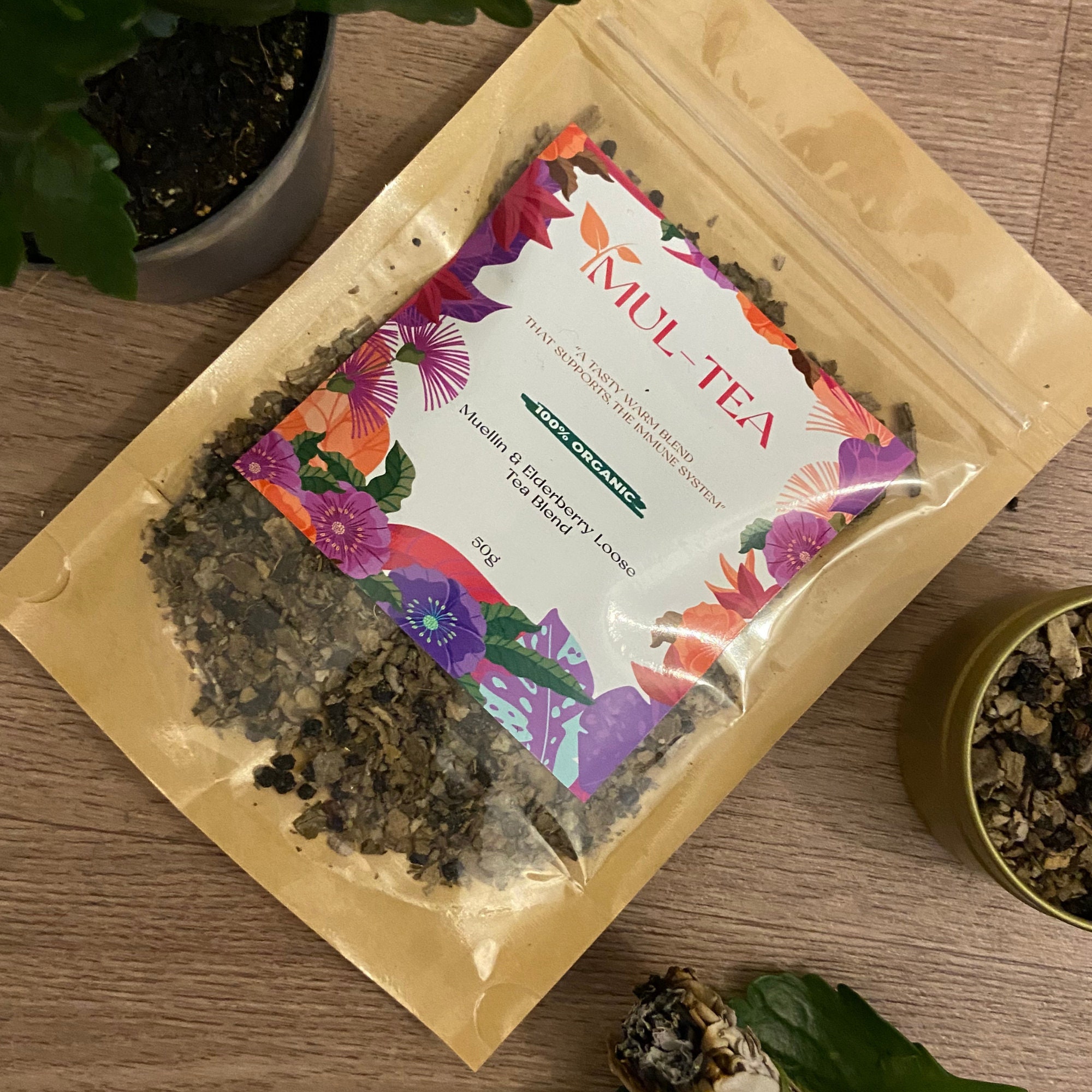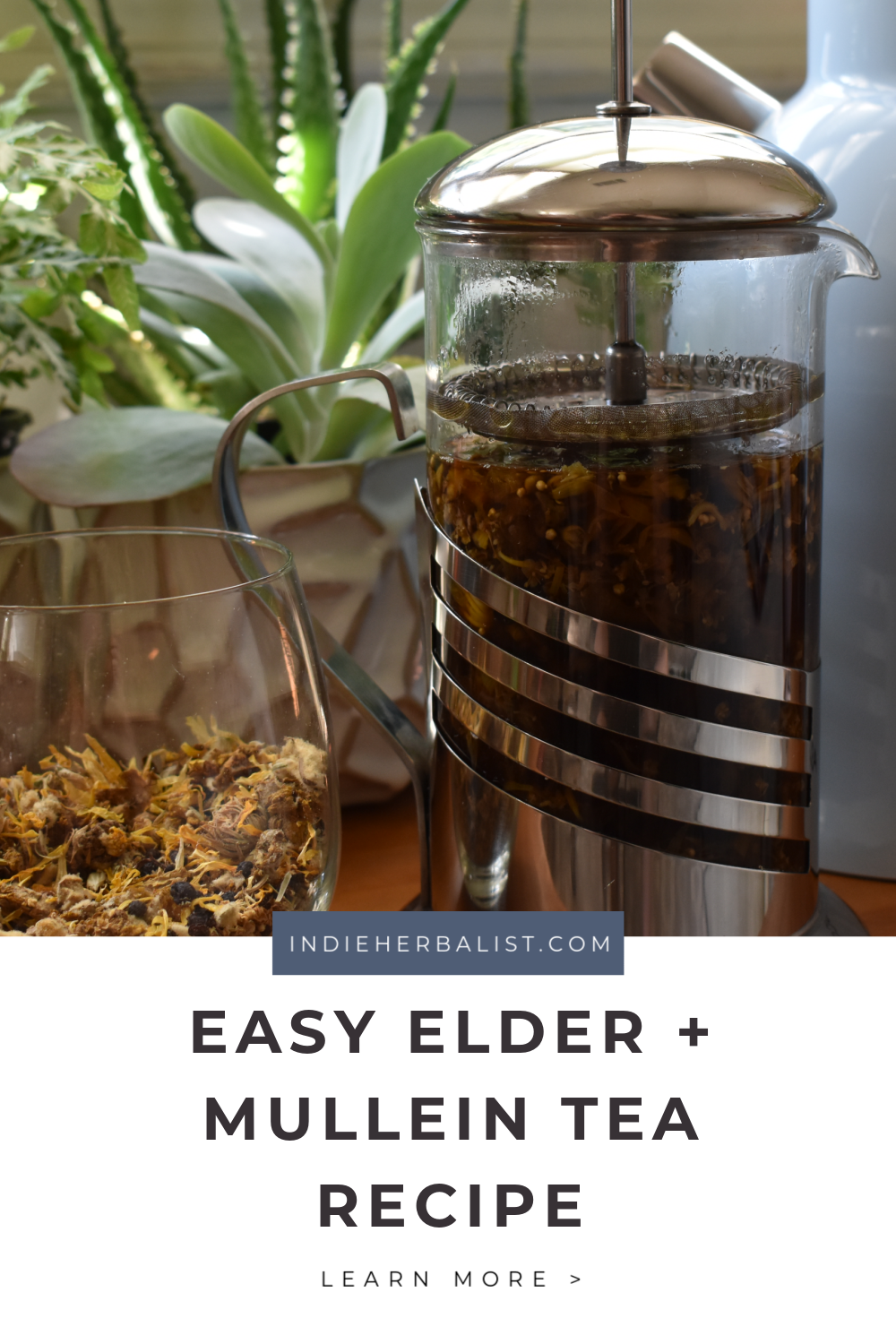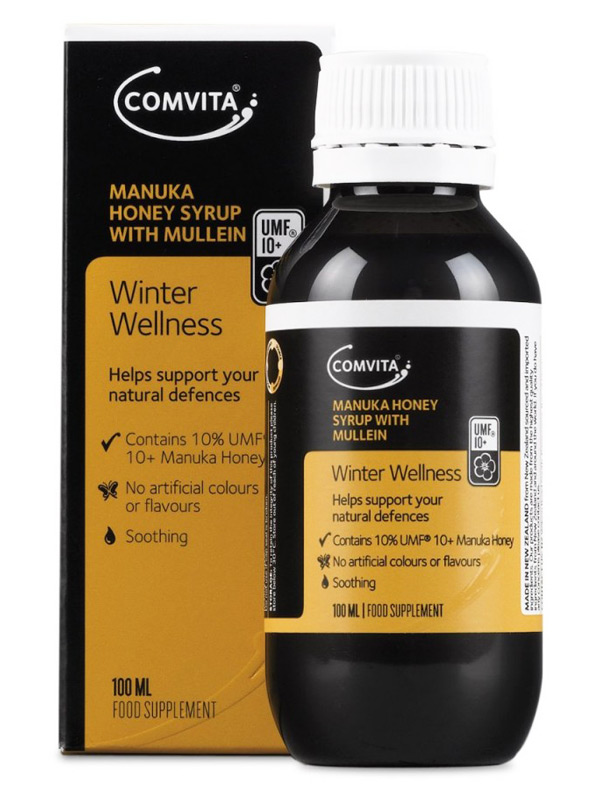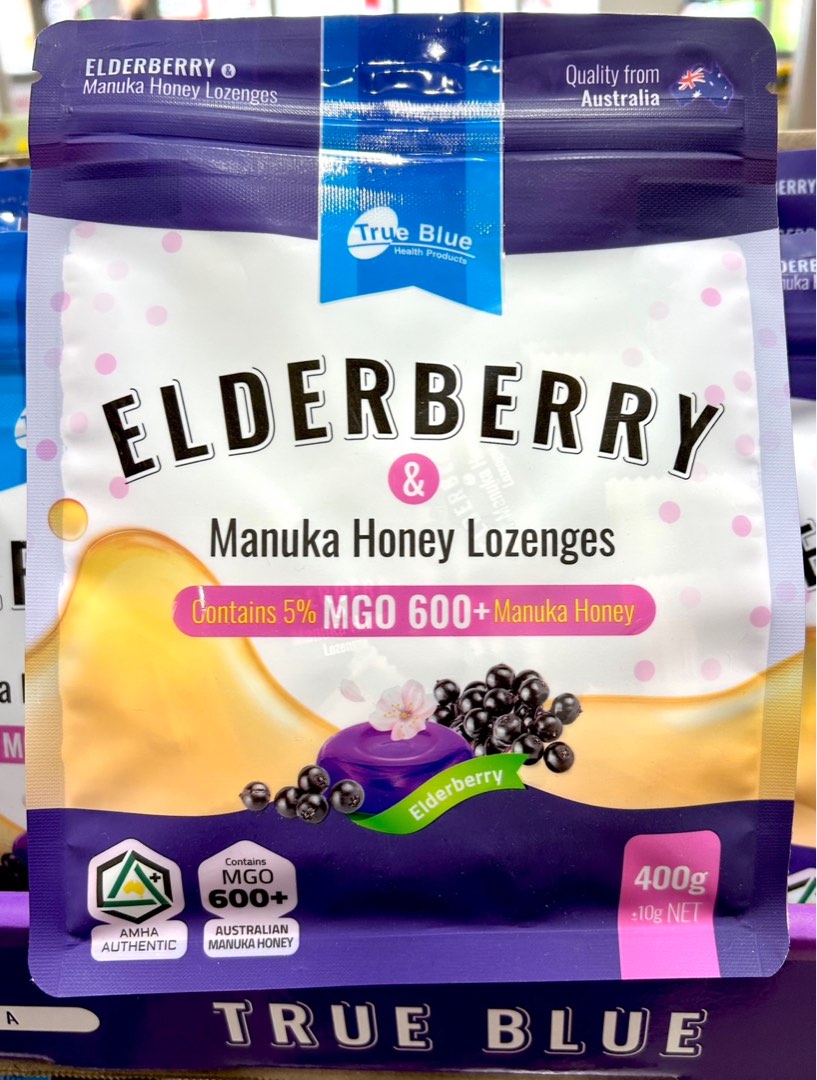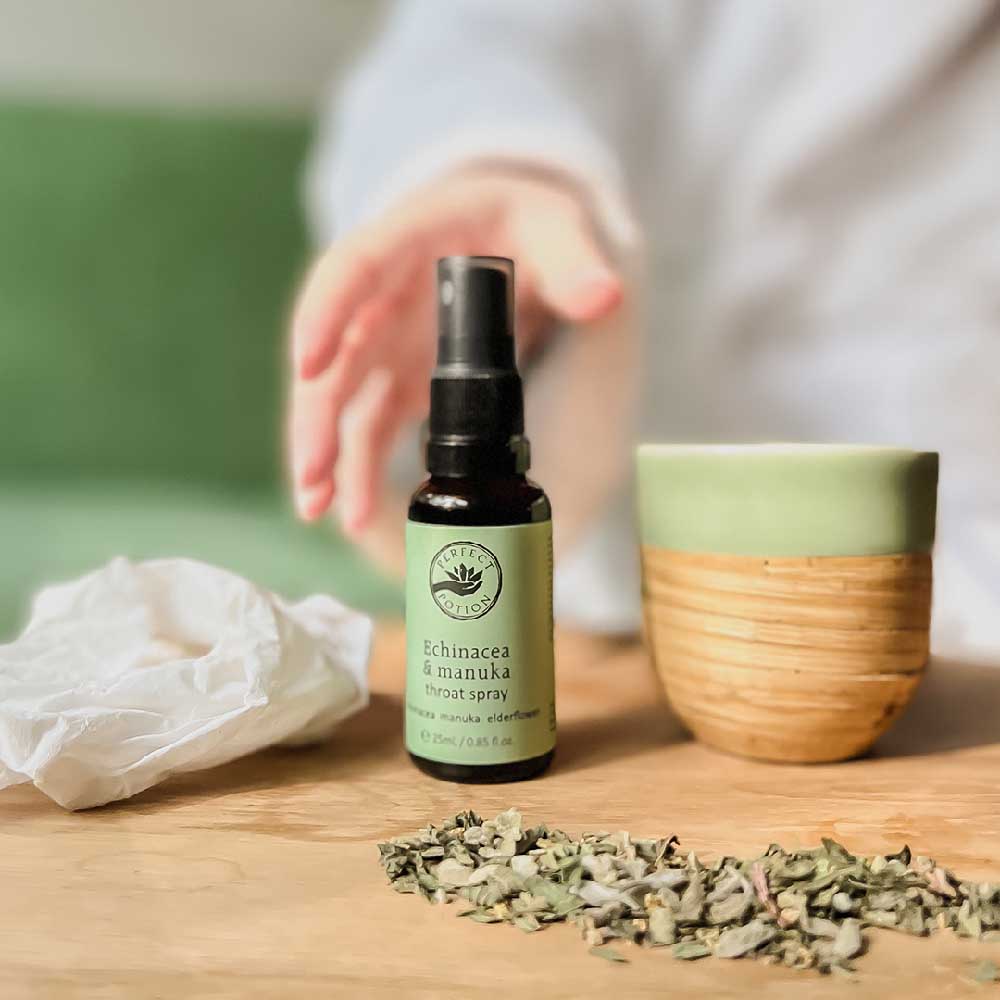Mullein Elderberry Peppermint Echinacea Manuka Honey

As the colder months approach, many are turning to natural remedies to bolster their immune systems and combat seasonal ailments. Among the popular choices are mullein, elderberry, peppermint, echinacea, and manuka honey. These ingredients, often found in teas, lozenges, and supplements, have a long history of traditional use, leading to increased interest from consumers seeking alternative approaches to wellness.
This article explores the current research, traditional applications, and potential benefits and risks associated with these widely used natural remedies. It aims to provide a balanced overview, drawing on scientific studies and expert opinions. This information will help readers make informed decisions about incorporating these substances into their healthcare routine.
Mullein: Soothing Respiratory Discomfort
Mullein (Verbascum thapsus) has been traditionally used for its expectorant and demulcent properties, particularly in addressing respiratory issues. Native American tribes and European herbalists have long employed mullein to soothe coughs and clear congestion. It's often prepared as a tea or infused oil, its leaves containing compounds like mucilage that may help coat and protect irritated mucous membranes.
While anecdotal evidence abounds, scientific studies on mullein's efficacy are still limited. Some preliminary research suggests potential anti-inflammatory and antiviral effects, but more robust clinical trials are needed to confirm these findings. The University of Maryland Medical Center notes mullein's historical use for respiratory ailments, but emphasizes the need for caution and consultation with a healthcare professional.
Elderberry: An Immune System Booster
Elderberry (Sambucus nigra) has gained significant attention for its potential antiviral properties. Studies suggest that elderberry extracts may help reduce the duration and severity of cold and flu symptoms. This is attributed to its high concentration of antioxidants, particularly anthocyanins, which are believed to interfere with the virus's ability to replicate within the body.
The National Center for Complementary and Integrative Health (NCCIH) acknowledges that some studies have shown elderberry to be effective against influenza viruses. However, they also caution that more research is necessary to fully understand its mechanisms of action and potential interactions with other medications. Elderberry is commonly available as a syrup, lozenge, or supplement.
Peppermint: Cooling and Calming Relief
Peppermint (Mentha piperita) is known for its refreshing aroma and various therapeutic properties. Its active ingredient, menthol, provides a cooling sensation that can help relieve congestion and soothe sore throats. Peppermint is also commonly used to alleviate digestive discomfort, such as bloating and indigestion.
Studies have shown that peppermint oil can relax smooth muscles in the digestive tract, helping to ease spasms and reduce pain. The Mayo Clinic recommends peppermint oil capsules for managing irritable bowel syndrome (IBS) symptoms. Peppermint tea is a popular choice for promoting relaxation and easing minor ailments.
Echinacea: Stimulating the Immune Response
Echinacea is a genus of flowering plants, traditionally used to stimulate the immune system and fight off infections. Various species, such as Echinacea purpurea, are believed to possess antiviral and antibacterial properties. It's often taken at the onset of cold symptoms to potentially shorten their duration.
The NCCIH states that research on echinacea's effectiveness is mixed, with some studies showing modest benefits for preventing or treating upper respiratory infections. However, other studies have found no significant effect. The variation in study designs and echinacea species used may contribute to these inconsistent results.
Manuka Honey: A Potent Natural Remedy
Manuka honey, produced by bees that pollinate the manuka bush (Leptospermum scoparium) in New Zealand, is renowned for its unique antibacterial properties. These properties are attributed to its high concentration of methylglyoxal (MGO), a compound not found in significant amounts in other types of honey. Manuka honey is commonly used to treat wounds, soothe sore throats, and support overall immune health.
The National Institutes of Health (NIH) has funded research exploring manuka honey's wound-healing capabilities. Studies have shown that manuka honey can promote faster healing and reduce the risk of infection. However, it's important to note that not all manuka honey is created equal; the MGO content determines its potency, and consumers should look for a Unique Manuka Factor (UMF) rating to ensure quality.
Considerations and Precautions
While these natural remedies are generally considered safe for most people, it's crucial to exercise caution and consult with a healthcare professional before use. Individuals with allergies, underlying medical conditions, or those taking prescription medications should be particularly careful.
Some natural remedies can interact with medications, potentially leading to adverse effects. For example, echinacea may interfere with immunosuppressant drugs. Elderberry can impact blood sugar levels, and individuals with diabetes should monitor their glucose levels closely. Always purchase products from reputable sources to ensure quality and avoid contamination.
The information presented in this article is for informational purposes only and should not be considered medical advice. The FDA does not regulate herbal supplements in the same way as pharmaceuticals, so it is important to do your research and choose products from reputable companies.
The rising interest in natural remedies highlights a growing desire for holistic and preventative healthcare approaches. While these remedies hold promise, further research is crucial to fully understand their mechanisms of action and potential benefits. Consultation with a healthcare professional remains paramount to ensure safe and effective use.

